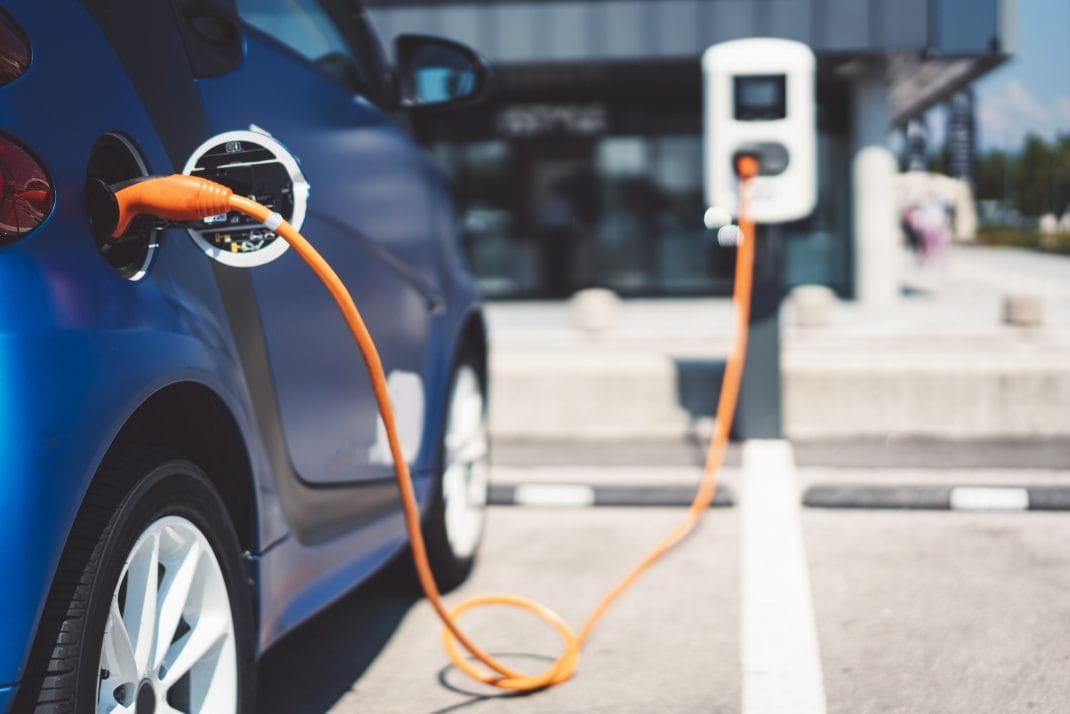The biggest disadvantage of electric vehicles is their range. While most mainstream models have a range of between 180 and 250 miles, some are still limited by the infrastructure needed to charge them. Other factors that can affect their range include weather conditions, driving habits, and additional features like roof racks and aftermarket tires. EVs are becoming a more popular way to commute in many countries and are a great alternative for many people.
The biggest drawback of electric vehicles is their weight. Compared to most other vehicles, electric vehicles are among the heaviest vehicles on the road. A Kia Soul EV’s battery alone weighs nearly 450 pounds. A Tesla Model X’s battery weighs more than a ton. This means that EVs require more maintenance and tire wear than conventional cars. Furthermore, they are not very safe to drive and require more maintenance.
The cost of electricity can be expensive. While some EVs are cheaper than conventional vehicles, they may not be as convenient for long-distance travel. Another disadvantage of EVs is their high initial price. While the price of electric vehicles may be higher than petrol vehicles, many people find them more affordable than conventional cars. A full-electric truck will cost over a million dollars, so it is not a cheap option for the average person.
EVs may not be the ideal option for everyone. They may be too expensive for many people. However, the cost of EVs is far less than those of petrol vehicles. Besides, the electric motor is more space-efficient than a petrol engine. In addition, the batteries can also be removed completely, which makes EVs more practical for everyday use. And, most importantly, an EV will be more fuel-efficient than a conventional car.

The cost of electric vehicles is a major drawback. The cost of batteries is the most expensive part of an EV. EVs can drain the battery quickly, but the cost is well worth the benefits. In addition, they are better suited for city driving and may have lower emissions than gasoline vehicles. If you are thinking about purchasing an electric car, keep in mind that they are also not the perfect option for every driver.
EVs can be uncomfortable for some people. While most EVs are designed for town use, the batteries can be heavy and prone to overheating. Therefore, EVs should be driven gently, as they tend to be more comfortable than petrol cars. The main disadvantage of an electric car is the lack of customization options. A petrol vehicle will be more customisable, and an electric car will be more limited in its range.
Are Electric Vehicles Easy to Repair?
Although the batteries of electric vehicles are relatively new, they do require regular maintenance. Eventually, EVs will need new tires and brake service. The suspension and steering components will also need to be replaced. The battery and other electrical components will need to be checked and replaced periodically. The battery is the biggest EV repair cost, so it is important to know how to properly care for it. Following a maintenance schedule and charging your vehicle regularly can keep the battery and other electrical components in good condition.

The average cost of an EV battery pack is about $5,500, the same as a mid-range gasoline engine. While the batteries can be expensive, EVs are usually relatively easy to maintain. It costs about $6,000 to replace an EV battery pack. The cost of replacing an electric motor can be even more. However, an EV battery will outlast its vehicle, so it’s wise to have it replaced as soon as it fails.
Electric vehicles are also more prone to overheating. While overheating isn’t the most serious issue, it can still cost several thousand dollars if it needs to be repaired. Fortunately, most new EV models are equipped with advanced thermal management systems, so the battery life can last as long as a conventional car. And if the battery needs to be replaced, the repairs are likely to be affordable and quick.




